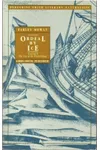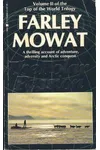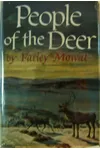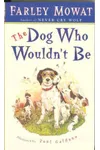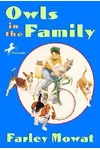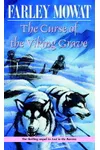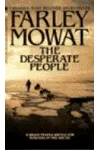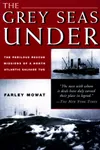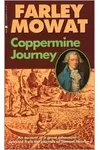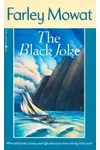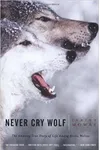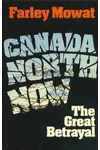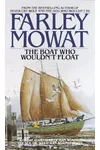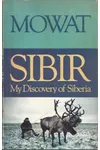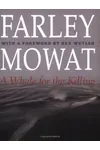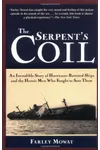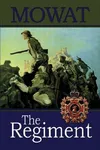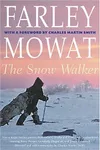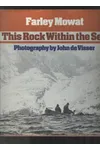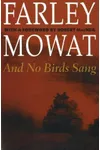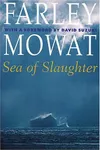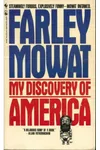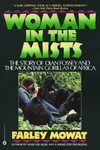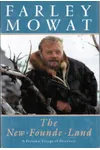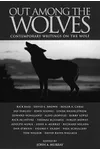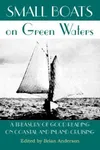Picture a Canadian storyteller who turned the wilds of the Arctic and the struggles of its people into gripping tales—meet Farley Mowat! Born in 1921, this prolific author and environmentalist wove adventure, nature, and advocacy into books like Never Cry Wolf and People of the Deer. His vivid narratives didn’t just entertain; they sparked global conversations about wildlife preservation and Indigenous rights.
With a knack for blending humor, heart, and hard truths, Mowat’s work remains a beacon for nature lovers and storytellers alike. Let’s dive into the life and legacy of this literary trailblazer!
The Making of Farley Mowat
Farley McGill Mowat was born on May 12, 1921, in Belleville, Ontario, to a librarian father who nurtured his love for books. As a boy, he roamed the prairies of Saskatchewan, sketching birds and befriending animals, which ignited his lifelong passion for nature. World War II interrupted his studies, and Mowat served in the Canadian Army, an experience that shaped his gritty, empathetic worldview. After the war, he channeled his wanderlust into writing, penning his first book, People of the Deer, inspired by his time among the Inuit in Canada’s far north.
Farley Mowat’s Unforgettable Stories
Mowat’s books are like a campfire tale—vivid, immersive, and often tinged with urgency. His 1963 classic, Never Cry Wolf, debunked myths about wolves as bloodthirsty killers, blending humor and science to advocate for their protection. The book’s impact was seismic, influencing conservation policies and inspiring a 1983 film. People of the Deer (1952) exposed the plight of the Ihalmiut Inuit, whose starvation Mowat blamed on government neglect, stirring public outcry.
Other gems include The Dog Who Wouldn’t Be (1957), a heartwarming tale of his quirky childhood pet, and A Whale for the Killing (1972), a gut-punch story of a trapped whale that fueled Mowat’s anti-whaling crusade. His style? Lyrical yet accessible, with a knack for making readers feel the chill of the tundra or the pulse of a wolf’s howl. Mowat wasn’t afraid to bend facts for drama, a trait that sparked debate but amplified his message.
With over 40 books translated into dozens of languages, Mowat’s tales bridged adventure and activism, earning him fans from schoolkids to policymakers. His themes—respect for nature, Indigenous rights, and skepticism of authority—resonate as much today as ever.
Why Farley Mowat Matters
Mowat didn’t just write books; he changed how we see the world. His advocacy helped shift attitudes toward wolves, whales, and Arctic ecosystems, influencing environmental laws in Canada and beyond. By amplifying Indigenous voices, he challenged colonial narratives, paving the way for more inclusive storytelling. Though critics sometimes questioned his embellishments, his passion was undeniable, earning him awards like the Governor General’s Award and a lasting place in Canadian literature.
His death in 2014 at age 92 dimmed a bright voice, but Mowat’s legacy thrives in every reader inspired to protect the wild or tell a story with heart. His work reminds us that one voice, armed with a pen and a cause, can echo across generations.
About Farley Mowat
- Born: May 12, 1921, in Belleville, Ontario
- Key Works: Never Cry Wolf, People of the Deer, The Dog Who Wouldn’t Be
- Awards: Governor General’s Award, National Outdoor Book Award
- Died: May 6, 2014, in Port Hope, Ontario
Ready to roam the Arctic or laugh with a mischievous mutt? Snag Never Cry Wolf or The Dog Who Wouldn’t Be and dive into Farley Mowat’s wild, wonderful world!
